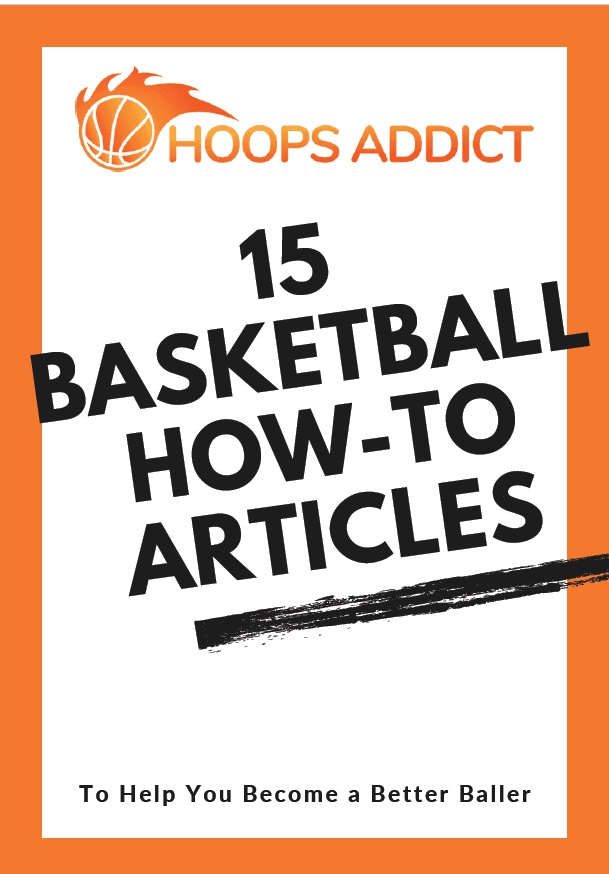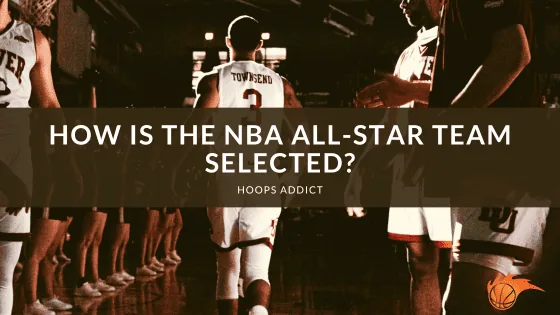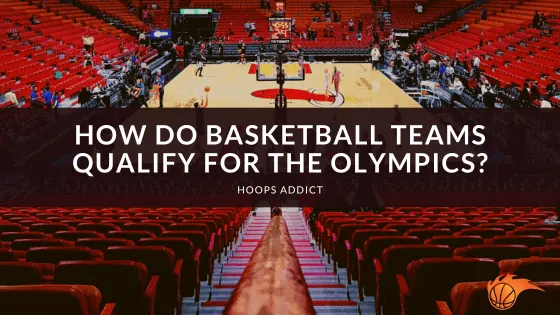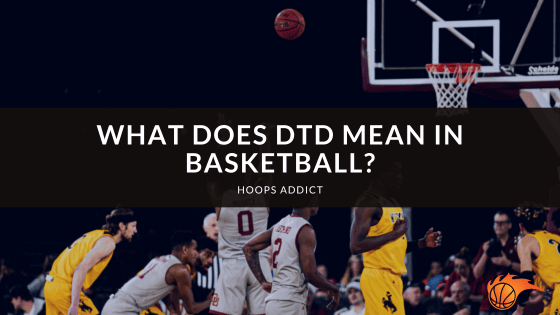From the NBA salary cap, luxury tax, collective bargaining powers, and other concepts typically reserved for team owners and other league insiders, hardcore NBA fans are well-versed in the ins and outs of the league. But, even the most passionate fans may not be familiar with the intricacies of the little-known Over-38 Rule. So, to give you an idea of how it works and its real-world impact on the league, we’ll lay it all out for you here.
 What is the Over 38 Rule in the NBA?
What is the Over 38 Rule in the NBA?
With advancements in injury prevention techniques, biomechanics, and nutrition, more and more players are extending their careers well into their late 30s. And while it’s great for the fans who can see their favorite players in action for longer, it can be problematic for the league.
The Over 38 Rule, a provision in the 2017 Collective Bargaining Agreement (CBA) between the NBA organization and the NBA Players Association, prevents veterans 38 or older from negotiating long-term contracts.
It was conceptualized in 1995 as the Over 35 Rule but later amended to the Over 36 until it finally became refined as the Over 38 Rule in the last CBA.
So, what does the NBA Over 38 rule mean for players and organizations?
 How Does the NBA Over 38 Rule Work?
How Does the NBA Over 38 Rule Work?
The Over-38 Rule refers to contracts for players who are or will be at least 38 years old during the duration of a new player contract. Players and teams may no longer negotiate contracts beyond four years with any team, even if their current team is technically allowed to offer five-year contracts through Bird rights or other incentives.
Additionally, a player’s salary on the fourth and final season of the contract will be considered a deferred payment for the previous three seasons. This effectively gives franchises more wiggle room in their cap space to sign other players.
Furthermore, the Over 38 Rule also limits contract extensions to two years upon the expiry of the original contract.
 Example of NBA Players Who Have Been Affected by the Over 38 Rule
Example of NBA Players Who Have Been Affected by the Over 38 Rule
Just because the average length of an NBA player’s career is five years doesn’t mean the Over 38 Rule has little impact on the league, far from it. The Rule has a significant role in how teams plan their rosters, especially with aging superstars who can still contribute to the team but are more prone to getting injured on the court than younger players.
Plenty of high-profile players that demand max contracts are currently affected by the Over 38 Rule – players like LeBron James, Chris Paul, James Harden, Stephen Curry, and Kevin Durant.
James Harden
This incoming season, Harden will be playing the last year of the two-year contract he signed with the Philadelphia 76ers in the 2022-2023 season. And because he’s currently 34 years old, he’s ineligible to sign a max-length contract with the Sixers, which is five years, because he’ll be 38 by the time that potential contract ends. Instead, the Sixers organization can only offer up to four years even if they have Bird Rights.
LeBron James
One of the biggest name players affected by the Over 38 Rule has got to be LeBron James. He currently suits up for the Lakers in a 2-year contract extension with a 2025 expiry precisely because of this CBA provision.
This shouldn’t be an issue for James because the contract flexibility would help him achieve his goal of playing with his son Bronny James once he’s eligible for the draft in 2024.
Chris Paul
The guy who pundits like to call the “Point God,” Chris Paul, could have signed a five-year maximum contract with the Phoenix Suns back in 2021 if it weren’t for the Over 38 Rule. The Suns had full Bird Rights to his contract and looked keen on keeping on one of the greatest point guards to at least help mentor Devin Booker. Instead, he was limited to a four-year contract with a team option on the last year.
Kevin Durant
Durant’s value as a scorer won’t go away any time soon, even as father time catches up to him. He’s a 7’0″ wingman who can shoot the lights out, dribble like a guard, and post up like a beast. He’s also quite the defender using his height to block and bother shots from all over the court. So it’s not a surprise that there’s nothing that NBA organizations would love more than to lock him up to a long-term contract even if he’s already in his mid-30s.
Unfortunately, his contract with the Brooklyn Nets couldn’t have been extended to five because he would turn 38 by the fifth year. So, when the contract expires on the 2026 season, he’ll either be able to extend for two years with the Suns or sign another contract for four more years with another organization.
Steph Curry
The jump shot, they say, is the last thing to go. And as one of the greatest shooters to ever grace the courts, the Warriors are interested in signing Stephen Curry to a long-term deal even as he gets older.
So, it’s surprising that the Warriors couldn’t secure the same five-year deal with Curry from their previous contract. So, Curry and the Warriors chose the most prudent option and signed him up for a four-year deal that would expire when he turns 37.
 What is the Purpose of the Over 38 Rule?
What is the Purpose of the Over 38 Rule?
There was a time when there weren’t a lot of rules when it came to contract negotiations in the NBA. As the league grew, players started signing long-term contracts.
Remember that lopsided 25-year $25 million contract Magic Johnson signed with the Los Angeles Lakers in 1984? At first, it seemed large, but it was a disaster for Johnson as he saw peers earning more within a shorter period.
And on the Laker’s side, it wasn’t a good move either because Magic retired in 1991. The organization lost its franchise player but still had to pay his contract guarantees even if it was considered grossly undervalued.
These situations and many others gave genesis to the Over 38 Rule. It’s a protection for both organizations and players against the risks of signing a contract that could hurt the franchise in the long term.
The Over 38 Rule also enables franchises to have more flexibility in signing other players, often younger ones with more room to improve.
Wrapping Things Up: What Does the NBA Over 38 Rule Mean?
Franchises used to exploit long-term contracts by offering long-term deals to veteran players they expect to retire before the contract expires. This way, they can still offer the maximum amount of money to an aging superstar but only get a fraction of the NBA salary cap hit before the player retires. The remaining salary will still have to be paid but will no longer apply to the team’s salary cap.
This exploit has led to some teams being able to keep their veteran stars with a minimal hit on the NBA salary cap. This gives them room to sign other stars and thus stack their roster with talented players.
With the Over 38 Rule, teams can no longer sign veteran players to more than four years, which means they can’t spread salary payments over a longer period.
It gives players and franchises an incentive to sign larger and shorter contracts which means more flexibility for the player and less uncertainty about an aging player’s retirement plans for franchise executives.
We hope you enjoyed this post! If you did, be sure to check out our other basketball FAQ articles here.
Want to get better at basketball?
Join our newsletter & get our comprehensive
101-page basketball guide.
Become a better baller today 👇


 What is the Over 38 Rule in the NBA?
What is the Over 38 Rule in the NBA? How Does the NBA Over 38 Rule Work?
How Does the NBA Over 38 Rule Work? Example of NBA Players Who Have Been Affected by the Over 38 Rule
Example of NBA Players Who Have Been Affected by the Over 38 Rule What is the Purpose of the Over 38 Rule?
What is the Purpose of the Over 38 Rule?

